Doctor of Philosophy in Musicology with Historical Emphasis
Designed for students seeking the highest degree in the field, the Ph.D. is a rigorous five-year course of study culminating in a doctoral dissertation.
Curriculum
The initial three years of coursework (pre-candidacy) can be seen as exploring and expanding intellectual horizons on the path toward satisfying candidacy requirements, completing the special field exam (in ethnomusicology or historical musicology), and advancing to candidacy. Ethnomusicology and historical musicology students will complete the same three required courses as well as eight elective courses in the department.
Academic Eligibility
Applicants to the Doctor of Philosophy in Musicology with Historical Emphasis must have completed a bachelor’s of music degree or equivalent to be eligible for admission. In addition, applicants must have completed the following:
- Twelve hours of music history
- Twelve hours of music theory
- A liberal arts sequence in addition to the foreign language and English requirements
Knowledge of foreign languages is indispensable for studying the history of music. Prospective students are expected to enter with training in one foreign language (preferably French or German) and must qualify in that language at the end of the first year in residence.
Faculty
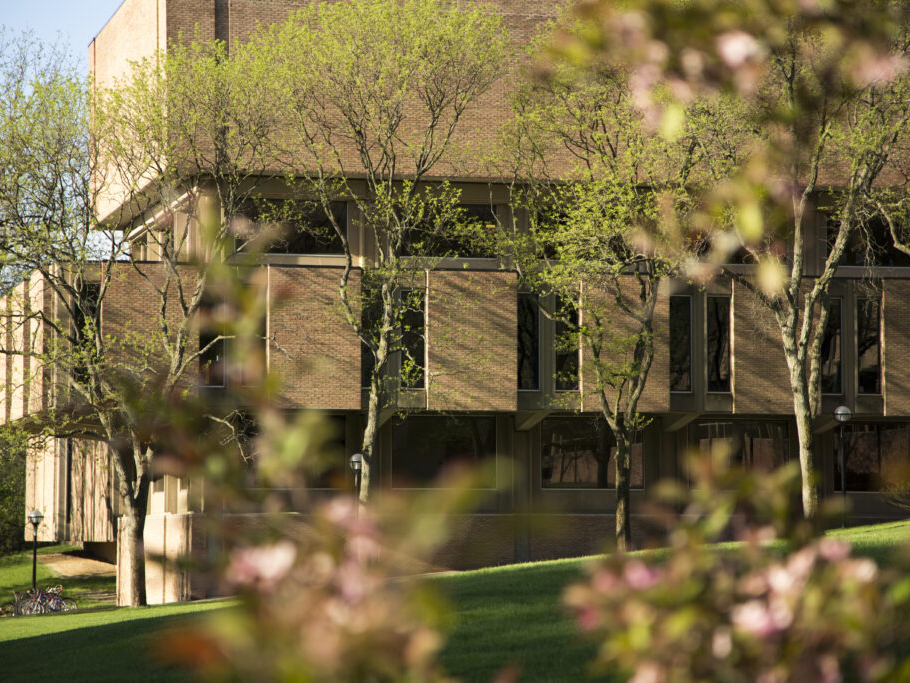
James Ryan Bodiford
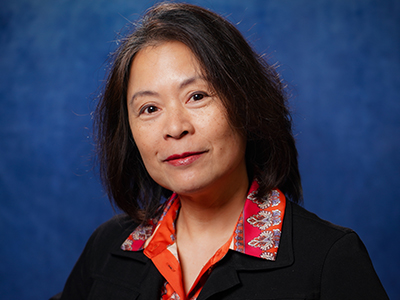
Christi-Anne Castro
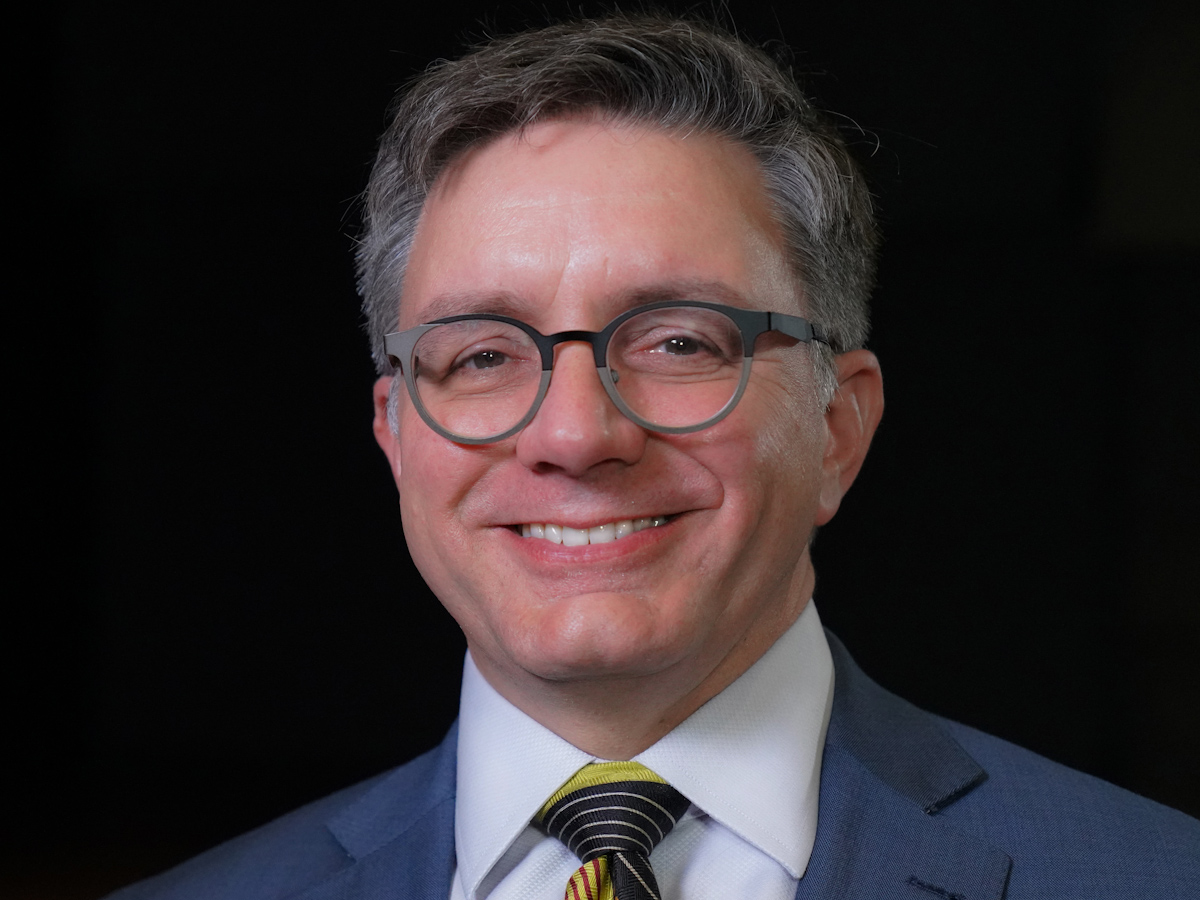
Mark Clague
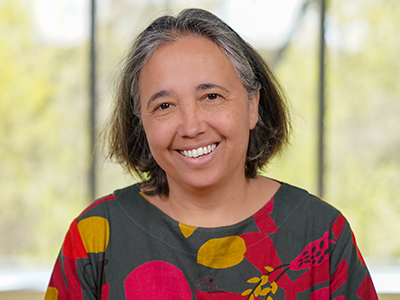
Gabriela Cruz
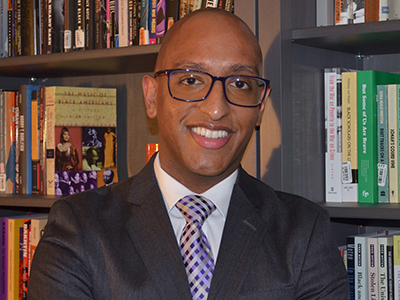
Jonathan A. Gómez
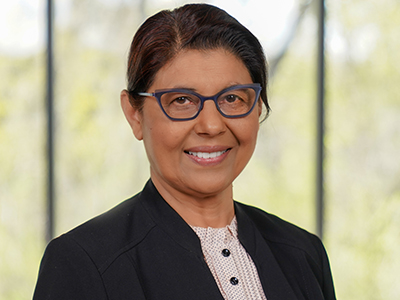
Inderjit Kaur
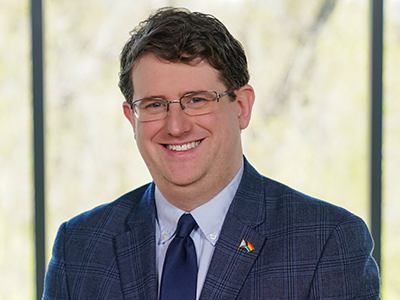
Andrew Kohler

Joseph S. C. Lam
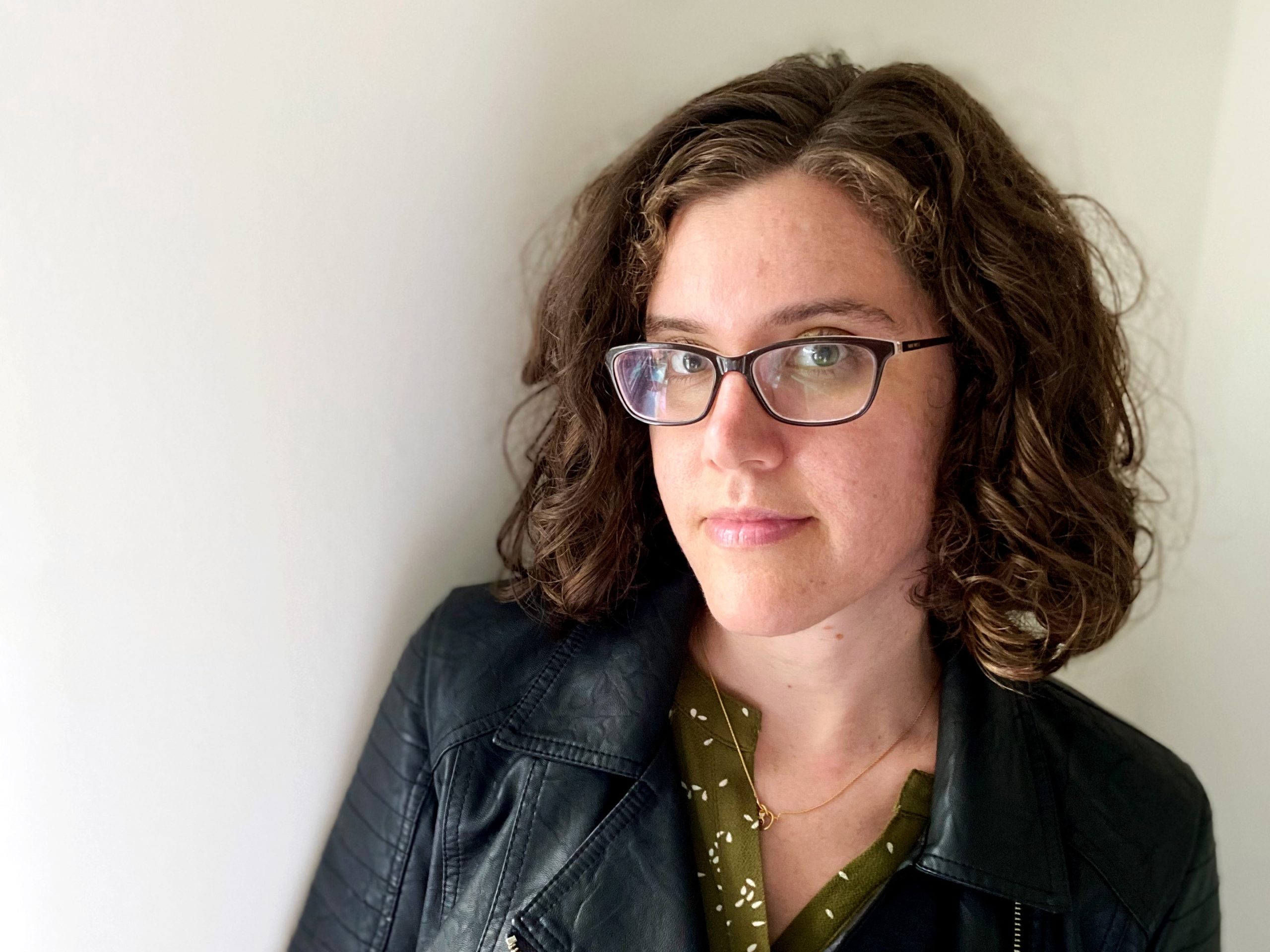
Erica Levenson
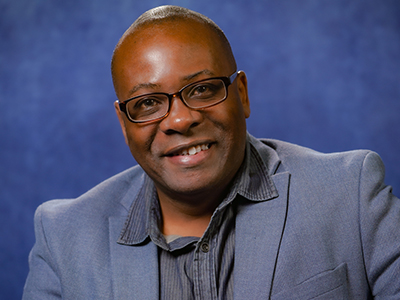
Charles Lwanga

Gustavo Souza Marques
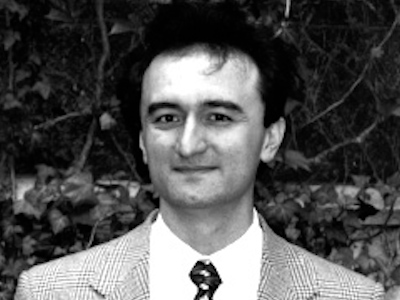
Stefano Mengozzi

Diane Oliva
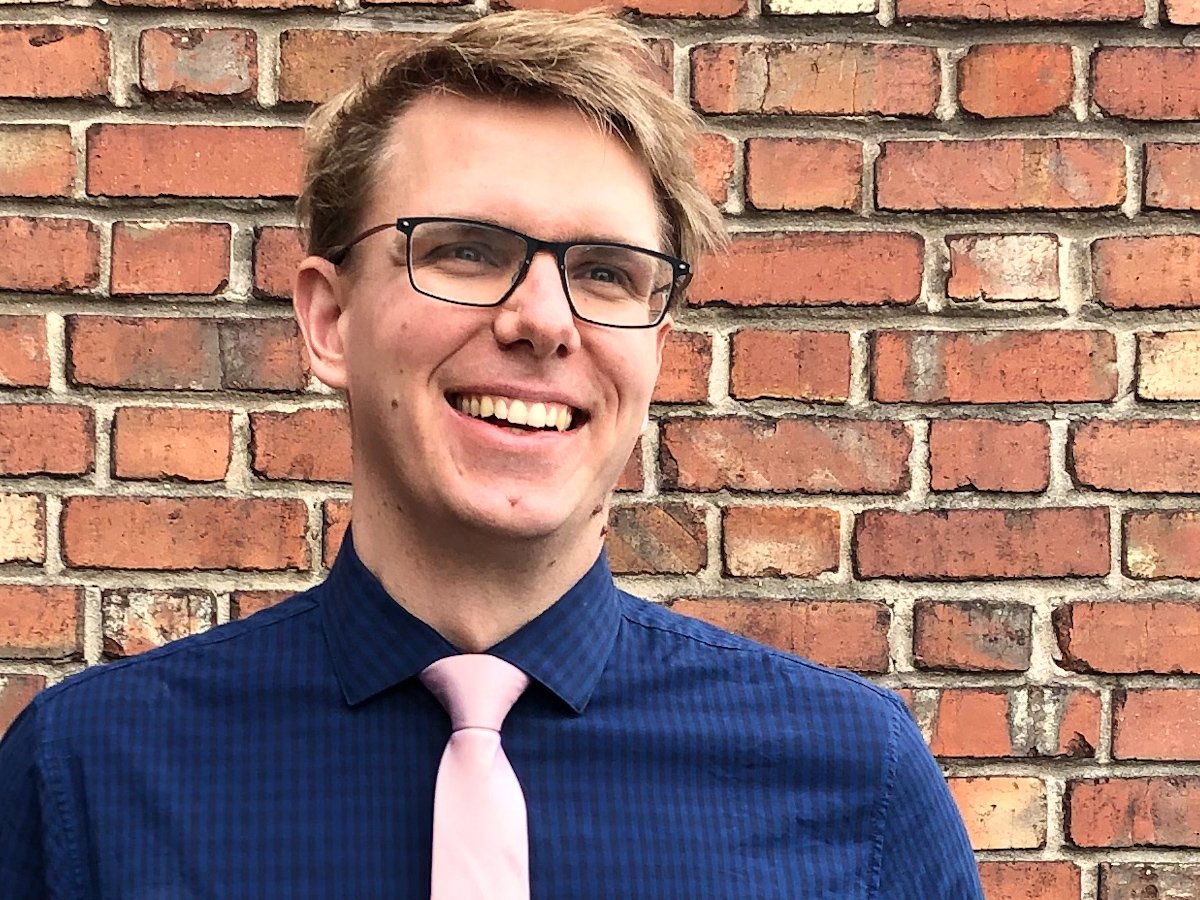
Mackenzie Pierce
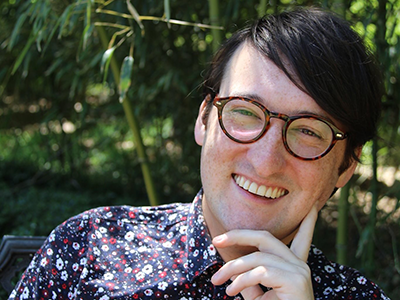
Henry Stoll
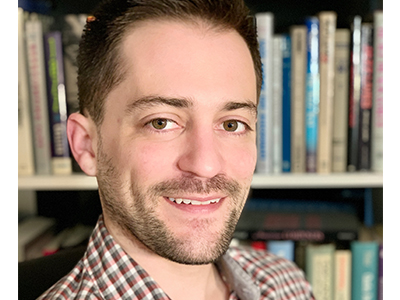
Kai West
Dissertations produced by PhD candidates in Historical Musicology
2020
Kristen Clough, “Opera in Crisis? Revealing the Cultural and Political Impact of French Fourth Republic Opera, 1945-1958”
Jessica Grimmer, “Political Battlefields in French Musical Education: Provincial Conservatories under the Nazi Occupation and Vichy Regime”
Patricia Prokert, “Interpreting Race and Difference in the Operas of Richard Strauss”
2019
Anne Heminger, “Confession Carried Aloft: Music, Religious Identity, and Sacred Space in London, c. 1540-1560”
Austin Stewart, “The Opera is Booming. This is a City.: Opera in the Urban Frontier of Denver, 1864-1893”
2018
Kathryn Cox, “‘What Happened to the Post-War Dream?’: Nostalgia, Trauma, and Affect in British Rock of the 1960s and 1970s”
2016
Sarah Suhadolnik, “Navigating Jazz: Music, Place, and New Orleans”
Leah Weinberg “Opera behind the Myth: An Archival Examination of Einstein on the Beach”
2015
Jessica Getman, “Music, Race, and Gender in the Original Series of Star Trek (1966-69)”
2014
Sarah Gerk, “Far Away O’er the Ocean Go Journeymen, Cowboys, and Fiddlers: The Irish in Nineteenth-Century American Music”
2013
Daniel Blim, “Patchwork Nation: Collage, Music, and American Identity”
Alison DeSimone, “The Myth of the Diva: Female Opera Singers and Collaborative Performance in Early Eighteenth-Century London”
Nicholas Field, “Outlandish Authors: Innocenzo Fede and Musical Patronage at the Stuart Court in London and in Exile”
2012
Rebecca Fulop, “Heroes, Dames, and Damsels in Distress: Constructing Gender Types in Classical Hollywood Film Music”
Michael Mauskapf, “Enduring Crisis, Ensuring Survival: Artistry, Economics, and the American Symphony Orchestra”
2011
Scott Southard, “Focalization and Masculine Subjectivity in the Early Operas of Benjamin Britten”
Shinobu Yoshida, “Modeling Heroines in Giacomo Puccini’s Operas”
2010
Timothy Freeze, “Gustav Mahler’s Third Symphony: Program, Reception, and Evocations of the Popular”
Nathan Platte, “Musical Collaboration in the Films of David O. Selznick, 1932–1957”
2009
Laura Kennedy, “Symphonies nos. 8 and 10 by Dmitri Shostakovich: A Study of Sketches and Drafts”
2008
Rebecca Schwartz-Bishir, “‘Musique Dansante’ and the Art of Ballet”
2007
Christopher Scheer, “Fin-de-siecle Britain: Imperialism and Wagner in the Music of Gustav Holst”
2003
Eric Saylor, “The Significance of Nation in the Music of Ralph Vaughan Williams”
2000
Amanda Eubanks, “Gender and Genre: Musical Conventions on the English Stage, 1660-1705”
1999
Mark Katz, “The phonograph Effect: The Influence of Recording on Listener, Performer, Composer, 1900-1940”
